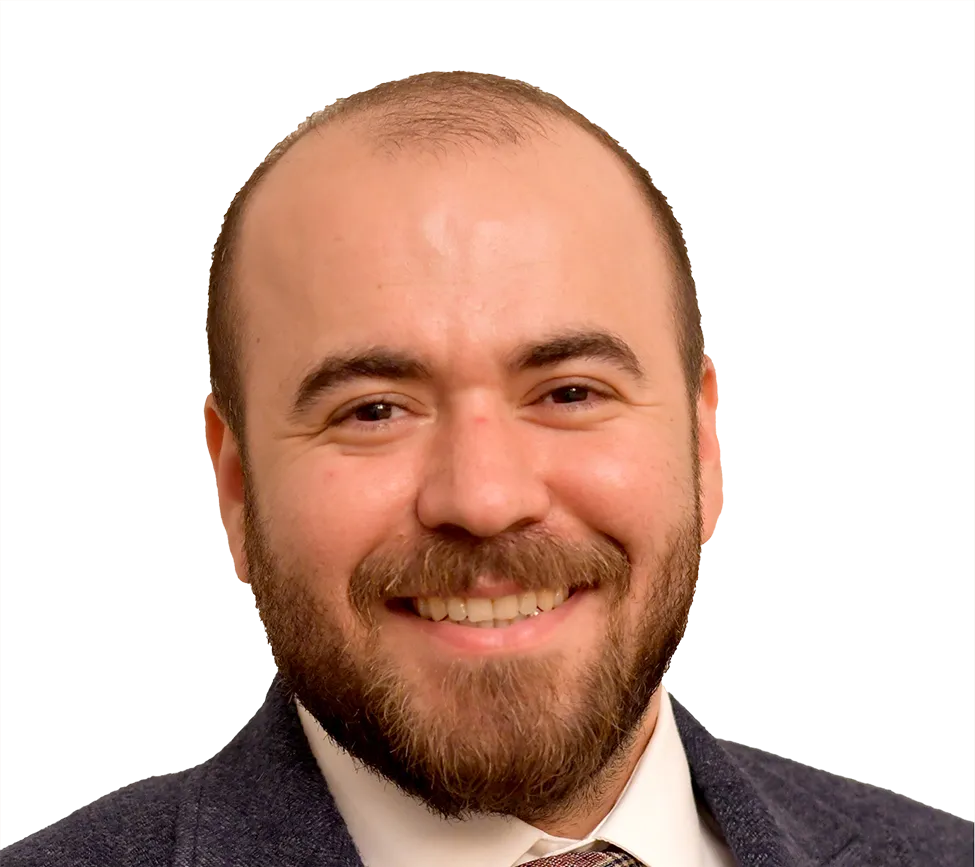

- Ph.D., Mechanical Engineering, Auburn University, 2021
- M.S., Naval Architecture, Tehran Polytechnic University, 2013
- B.S., Naval Architecture, Tehran Polytechnic University, 2009
- American Society of Mechanical Engineers (ASME)
- The Minerals, Metals & Materials Society (TMS)
- Integrated Computational Materials Engineering (ICME) Committee
- American Welding Society (AWS)
- Azerbaijani
Dr. Dodaran has an extensive background in multiscale material modeling, investigating complex engineering problems that arise in a wide range of industries. He has investigated fatigue and fracture of high temperature and corrosion resistance additively manufactured (AMed) superalloys used in the aerospace industry. He also performed experimental material characterization utilizing optical/electron microscopy and mechanical testing to investigate and improve the mechanical performance of superalloys.
Using the principals of solid mechanics, interface engineering, and simulation, Dr. Dodaran investigated plasticity size effects observed in the manufacturing of miniature devices (MEMS), microscale reverse extrusion of metallic parts, and multilayer metallic nanocomposites and metal/ceramic sandwich structures.
Prior to joining Exponent, Dr. Dodaran served as a marine and offshore structural design and installation engineer, where he was involved in the design, construction, transportation, and installation (miscellaneous design, lift, loadout, and transportation analysis) of multiple offshore platforms (Jacket, Topside, Flare, and Bridge). He also worked as a naval architect, involved in the designing, preparation of the drawings, and manufacturing of a fiber-reinforced composite passenger vessel.
As a mechanical engineering graduate research assistant at Auburn University, Dr. Dodaran proposed a physics-based crystal plasticity hardening model that captured slip localization under cyclic loading and the formation of persistent slip bands, which is used to study the synergistic effect of defect and microstructure on the formation of fatigue cracks in AMed Inconel 718. Dr. Dodaran performed extensive experimental testing and material characterization using a servo-hydraulic load frame and optical/electron microscopes to investigate the tensile and fatigue properties, elemental segregation, microstructure, phase, and volumetric/planar defect content of materials. In a series of publications, Dr. Dodaran has investigated the mechanisms that govern the deformation and fracture of metal/metal and metal/ceramic interfaces. Dr. Dodaran also proposed several numerical algorithms for calculating intrinsic material properties in alloys while accounting for temperature and chemical disorder effects.